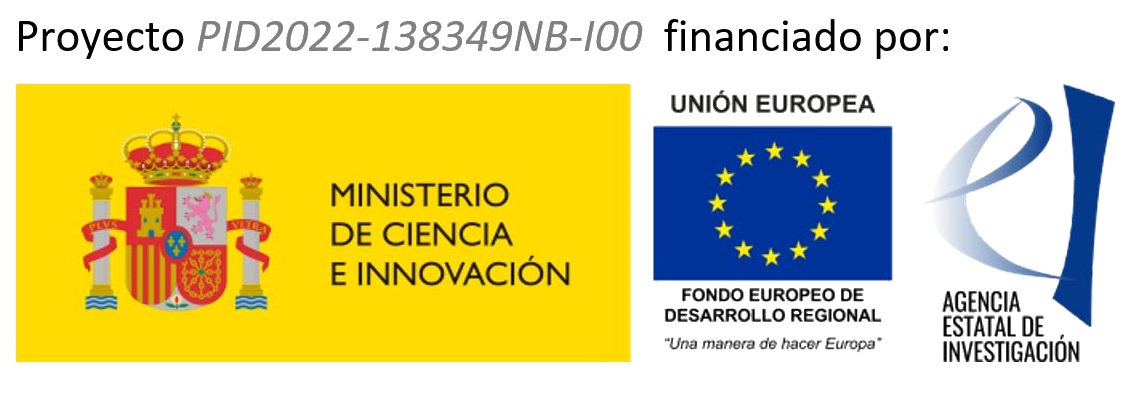Project Description
This project is titled “The role of special education centers at the crossroads of inclusion: voices of the educational community” and has been funded in the call for Knowledge Generation Projects 2022 with the support of the Ministry of Science, Innovation and Universities, as well as the State Investigation Agency (AEI).
One of the main legacies that shines upon the Contemporary Age is the pedagogical optimism that pursues the rights and freedoms of all people, without any type of distinction, to live in a peaceful, fair, and equal opportunity society.
This commitment has been reaffirmed in recent years with the 2030 Agenda, particularly with SDG4 Education and quality. This objective urges States to implement strategies to overcome persistent barriers that affect vulnerable and marginalized groups in educational systems, such as students who require highly specialized attention, in order to leave no one behind. In other words, States are urged to transform their educational systems to be inclusive.
This is the case in Spain, which, under its current education law (LOMLOE, 2020), echoes these premises and includes the educational objectives of reinforcing equity and ensuring the inclusive capacity of the system. According to this law, for this purpose, the right to inclusive education is effectively a human right for all people, especially for those who are in a more vulnerable educational situation.
As Arnaiz (2019) points out, inclusive education is an educational system capable of providing quality learning to all students in inclusive educational settings. But does this happen in Spain and the Region of Murcia? In Spain there are more than 470 special education centers, more than 7,680 special education units, and more than 41,000 students enrolled in them. For its part, the Autonomous Community of the Region of Murcia has 13 special education centers and more than 300 special education units. More than 1,750 students are enrolled in one of these locations.
Spain and the Region of Murcia both promote a hybrid path of schooling. On the one hand, they are committed to common schooling for all students, but, on the other hand, they maintain schooling in special education units for students who require highly specialized educational attention.
This hybrid approach led to the monitoring committee of the convention on the rights of people with disabilities pointing out in 2017 that the Spanish educational system systematically violates the rights of students with disabilities to inclusive education by maintaining two educational systems, special and ordinary, diverting these students away from common and ordinary education. The presence or not of this double path of schooling has generated great controversy, forming social movements that take opposite positions on this issue.
Both of these movements and platforms are supported by the educational community, which illuminates the existence of different perspectives on this issue. But what exactly does the educational community think about these types of schooling? In truth, the way to understand students’ schooling is diverse.
Some believe that special education is an excellent modality for the care of certain students, especially for those who require extensive and generalized support. Others, such as those in the Spanish educational system and the Region of Murcia, are committed to hybrid schooling. And finally, others believe that inclusive education should replace the special education educational model. Supporters of this last perspective highlight the benefits of schooling in ordinary over special education, since the latter is a stigmatizing modality and runs the risk of showing students in special education centers that they are only capable of functioning in areas of special needs and not in ordinary learning communities.
Therefore, this situation raises a great concern for us: where does the special education center fit into the puzzle of an inclusive educational system? It is time to review whether special education centers should continue to be offered as part of the educational provision for certain pupils, or whether greater inclusion in mainstream classrooms offers a better way forward for all pupils.
And, for this reason, we present this research project: to understand the role given to special education centers using the opinions, perspectives, conceptions, feelings, and experiences of the entire educational community, both special and ordinary, to be able to offer findings that guide decision-making regarding student schooling policy towards more inclusive models.






